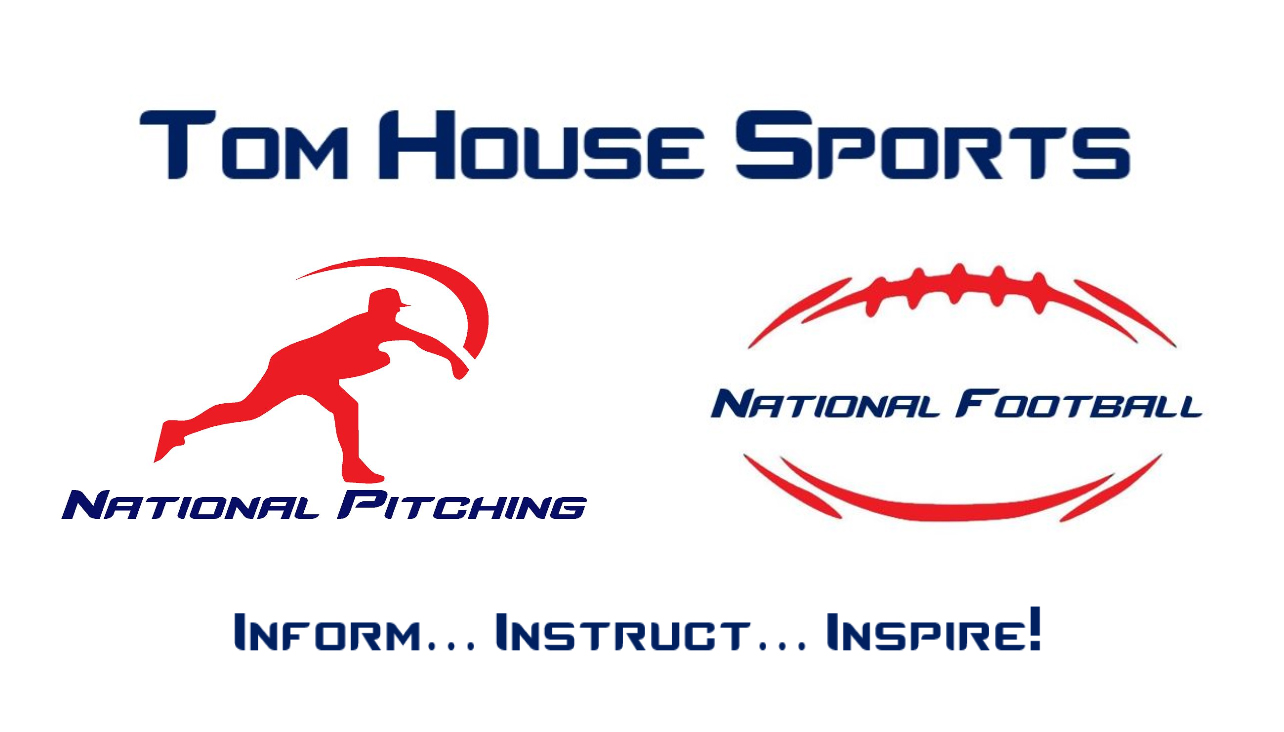
by Dean Doxakis | Dec 8, 2017
WEIGHTED BASEBALL TRAINING
Recently there have been studies released on weighted baseball training in relation to safety and effectiveness. The NPA, as a “health first” organization encourages viable, defendable, and unbiased research to ensure training programs are “health first, performance second”.
The most recent study reports 24% of pitchers participating experienced some form of injury during the study. We do not disagree with that number, in fact we agree on several of the findings… based on how the study was conducted. Unfortunately, the study was not conducted using the NPA protocols, which yield much different results. We respect the author and his efforts to bring unbiased research to the public. We truly believe he has integrity and was very professional. Unfortunately, he was not aware of the difference in our protocols. We will gladly explain why we are different and safe, but first we need to preface those findings with some facts about the NPA and Tom House.
For over 30 years, our founder Tom House, has researched and gathered more data on rotational athlete training than any other entity. Much of that research was supervised and certified by an IRB (Institutional Review Board), comprised of professionals from USC. The chair of the IRB was Dr. Thomas Vangsness, professor at USC and orthopedic surgeon. The IRB concluded that the NPA protocols, including weighted ball training, have a 97% or higher confidence level (within 2 standard deviations).
The NPA weighted ball program was originally studied as a “shoulder health” product, to alleviate GIRD (Glenohumeral Internal Rotation Deficit). Our study confirmed improvements in GIRD, but also velocities increased safely as a secondary benefit.
Our study is classified as “preliminary” and not recorded in any medical journals, for proprietary reasons. In addition, most medical journals prefer a “double blind” study. Doing a “double blind” study would require deviating from our proven safe protocols, which means we would knowingly be putting athletes at risk, and that is unacceptable.
The NPA weighted ball study was originally called Personally Adaptive Joint Threshold Training. The key words here are “personally adaptive”, not one program fits all. In addition, weighted ball training was never intended to be a stand-alone training product. It is best done in conjunction with functional strength and biomechanical efficiency training.
We agree with the following findings in recent studies:
There is a greater risk for injury, if…
·Implementing a “one program fits all” philosophy.
·Using weighted balls as a “stand alone” program.
·Releasing Weighted balls does not increase arm strength.
·Correct, no matter the weight of the ball, releasing a ball can reduce strength. Anytime the ball is
released, there is joint separation causing stress to the connective tissues.
·
We disagree with the following statements in the study:
Weighted balls do not increase arm speed.
Incorrect, depending on an athlete’s current arm speed threshold, arm speed normally increases using NPA Protocols.
Increased shoulder external rotation is bad.
Incorrect, we can safely increase shoulder external rotation with NPA protocols. The key is creating stability with new mobility.
So how is it the NPA can produce a safe and effective weighted ball program?
Simple… because our research is much more in longevity and trials. We’ve already tested all the things the newcomers are now trying. There is no substitute for experience and wisdom, we have the most!
The key distinguishing characteristics of our weighted ball program are:
·We do more holds than throws (less joint separation).
·Holds build strength and joint integrity, along with other conditioning work.
Those that think holds can affect mechanics, are unfortunately wrong. You have to understand the difference between training for nerve pathway patterning and training for strength to understand why.
·The program is “Personally Adaptable” to each athlete.
·Some may require more holds than throws, and vice versa
·Some don’t use the 1-2# ball until further into the program
Without holds, you simply are building speed thresholds without strength, flexibility, and joint stability.
The best analogy is, without holds, it’s like installing economy car brakes on a high performance vehicle.
You can go fast, but you will most likely crash!
Finally, parents, players, and coaches: There is no “quick and easy” way of safely increasing velocity. There is no stand-alone product that will give you long term health and performance. Only products in conjunction with a quality training program will give you health and performance. A quality training program should consist of 100% scientifically defendable content over a long period of time: measuring biomechanical efficiencies, building functional strength, developing mental awareness, with a proven arm care and recovery program.
